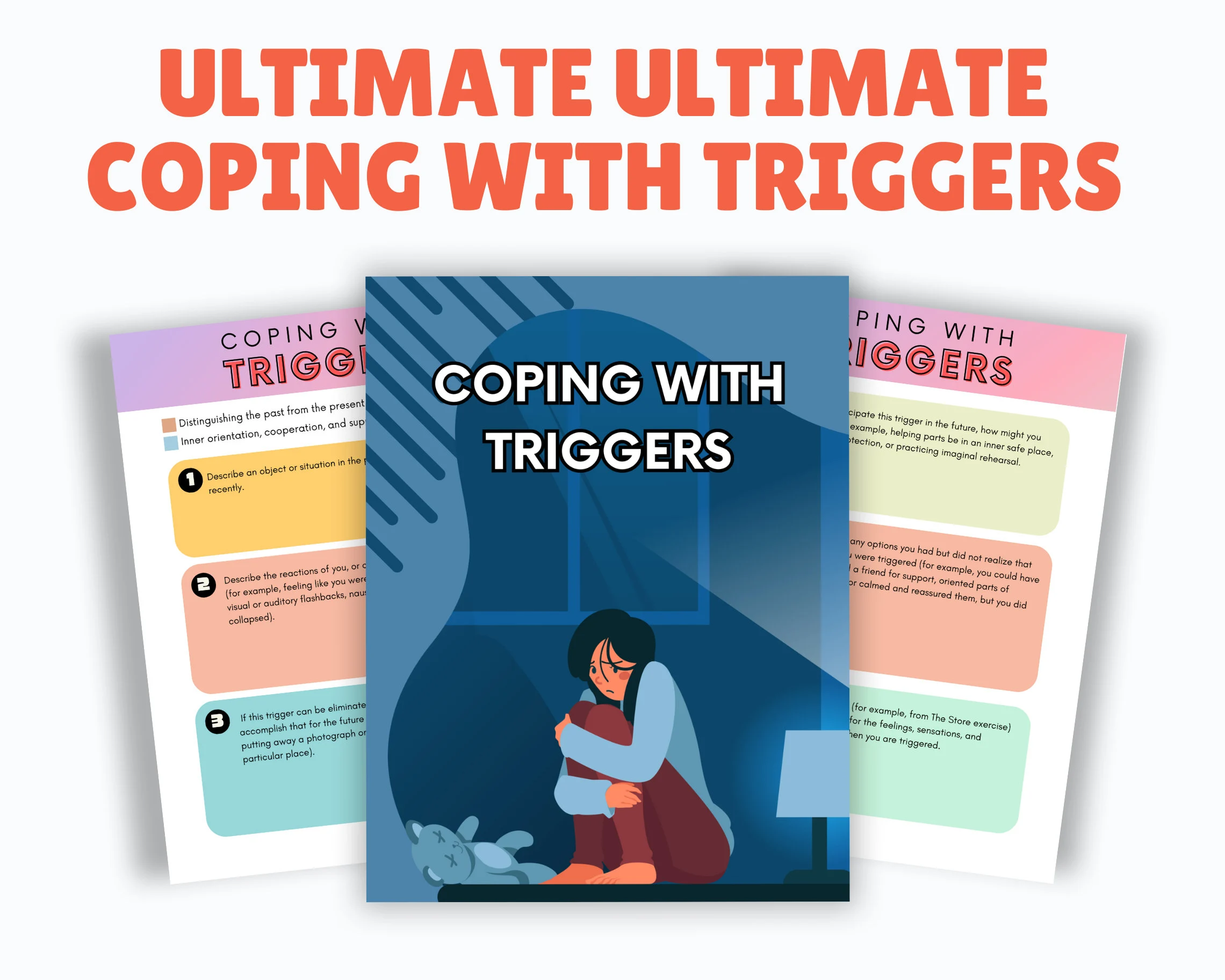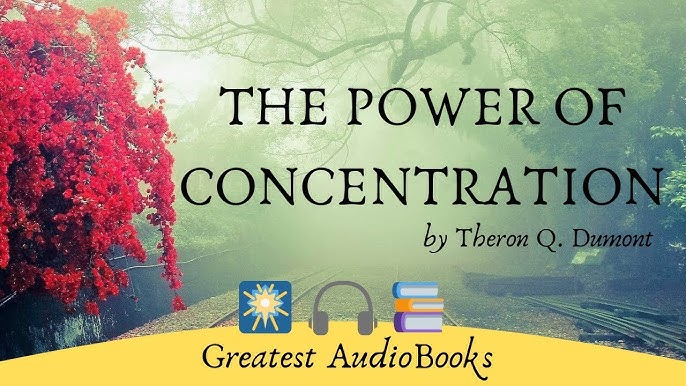What Trips The Cravings
Affiliations between peculiar feelings, individuals, places, and events get intertwined with the addict’s behavior. When addicts find their way to recovery, the old affiliations between the addiction and the old feeling, individuals, places, and events endure, often sparking off cravings to use.
When these prompts trigger using memories and possibly euphoric recall, unless you take action to forestall cravings and possible relapse, you remain highly vulnerable to dropping off your recovery. These prompts are ever present, but relapse can be avoided.
It’s crucial to avoid the external triggers that are your most serious and that are inside your power to prevent. A lot of these would be the obvious ones like hanging out with old gaming friends, or going to game stores. Triggers that can’t be headed off may be neutralized.
To be ready and able to neutralize triggers that come up, you have to be able to anticipate and distinguish them, then have a plan of action on how you’ll deal with them without using. Below are regions that serve as triggers that may gear up cravings to return to the addiction. Utilize this to help distinguish your probable risks.
Individuals
Who are the individuals you used to play video with? Arrive at a list. Make a list of others that may serve as a trigger for relapse. It may be extended loved ones, mate, girlfriend, your youngsters, boss, colleagues, neighbors and any others.
Spots
Where did you used to start getting the video game urge? What are the places that may trigger cravings or euphoric recall? Make a list of the spots that may remind you of gaming/using or serve as trigger. Illustrations may include: bars, school, work, particular streets, particular parts of town, particular rooms.
Events
What sorts of events did you habitually participate in while gaming? What are a few of the routine events that you may participate in now that may trigger cravings? Make a list of conceivable trigger-provoking events. Illustrations may include going to the game section of a store, becoming bored, going gambling, attending gaming conventions, and others.
Festivities
What are a few of the celebrations or particular events that you may participate in that may serve as a trigger for relapse? Make a list. Illustrations may include: birthdays, vacation, holidays (with or without extended family members).
Additional stressful events or activities
Discover other stressful events or activities that may serve as a trigger. Illustrations may include such matters as deaths of family members, divorce, separation, money problems, getting paid, getting a raise, unemployment, retiring, home alone, vacation, going by an ATM machine, home alone, etc.
Relationship Events
What sorts of relationship events were affiliated with your gaming use? Distinguish relationship events that may serve as a trigger. Illustrations may include meeting new individuals, going out on a date, hanging out with friends, after arguing, before sex, after sex, family visits, separation, divorce, etc.
Time
When did you commonly use?
Identify particular hours, week, month or year that might serve as a trigger for relapse. Illustrations may be Monday (Monday night football), Sunday (gearing up to go back to work), anniversary date or month of wounding events, after work, before work, attempting to get to sleep, rousing in the night, and any other times that are important.
Making a design
Looking backward over your lists above, distinguish actions that you are able to take to reduce the menace to your recovery. Which events may you avoid? Which events or spots may you escape from if you feel vulnerable? How may you empower yourself to break away? Rehearse being assertive with leaving a hazardous situation. Utilize cognitive therapy to dispute unrealistic thinking that may keep you from going away when you have to.
Make a plan on how you may get away. Illustration: Drive yourself, walk out, phone a cab, have a call list and have somebody come get you. What may you do to alter how you think or feel when you discover yourself in an unavoidable position that’s triggering a want to use?Utilize thought stopping strategies to manage cravings when they happen.
Use the telephone. Call someone. Call your counselor. Engage somebody who’s supportive of your recovery in a conversation. Prompt yourself that cravings are temporary and that they’ll disappear if you don’t use. Recall that cravings are a regular part of recovery and that they don’t doom you to failure.
Remind yourself that you’ve the option whether you act on your cravings. Consider a craving as a competition between you and your disease. Who will succeed? If you or somebody you love is in early recovery or attempting to establish abstinence, arm yourself with all the training that you have to achieve it.
Discover more from Personal Blog of Richard Tong
Subscribe to get the latest posts sent to your email.





Thank you ever so for you blog.Really looking forward to read more. Keep writing.
Muchos Gracias for your post.Really looking forward to read more. Great.
Hey, thanks for the post.Much thanks again. Keep writing.
Thanks-a-mundo for the blog post.Really looking forward to read more. Will read on…
This is one awesome article post.Really looking forward to read more. Awesome.
Thanks again for the article.Thanks Again. Fantastic.